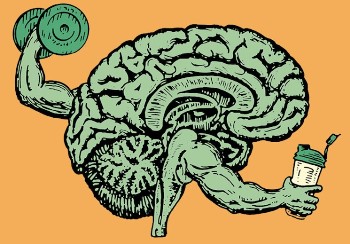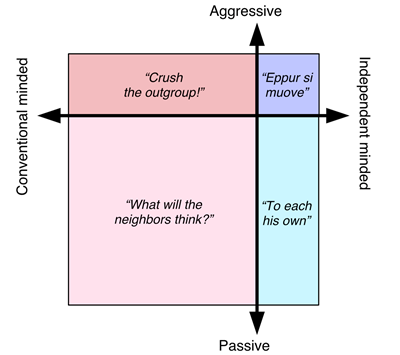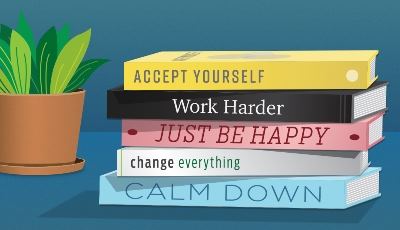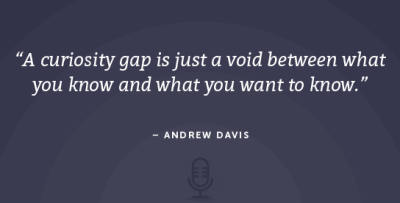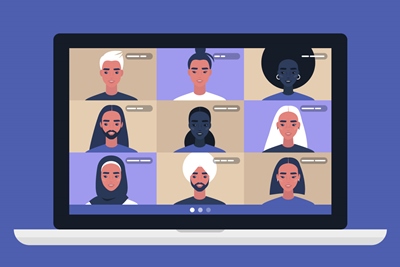In this comprehensive post by Paul Graham ‘The Four Quadrants of Conformism‘, he addresses what is the type of person moves that actually move the world (hint: they are quite few in number). The challenges raised by an increase in conformism in the current world are also exposed.
The quadrant of conformism is the degree of conformism axis against a passive/active axis. This creates roughly four types of people and it would be linked more to personality than cultural influence. There are more conventional-minded than independent-minded people, and fewer active/aggressive people than passive.
“Why do the independent-minded need to be protected, though? Because they have all the new ideas. To be a successful scientist, for example, it’s not enough just to be right. You have to be right when everyone else is wrong. Conventional-minded people can’t do that. For similar reasons, all successful startup CEOs are not merely independent-minded, but aggressively so. So it’s no coincidence that societies prosper only to the extent that they have customs for keeping the conventional-minded at bay“
“In the last few years, many of us have noticed that the customs protecting free inquiry have been weakened.” We are reverting to a pre-enlightenment situation where people were expected to be passive and conventional. The fact that universites are becoming locations where intolerance becomes prevalent, while they have historically, on the contrary, be places of tolerance and investigation, is a worry. This safe space has not been replaced by the internet or other safe locations.
“Though I’ve spent a lot of time thinking about this situation, I can’t predict how it plays out. Could some universities reverse the current trend and remain places where the independent-minded want to congregate? Or will the independent-minded gradually abandon them? I worry a lot about what we might lose if that happened.”
“But I’m hopeful long term. The independent-minded are good at protecting themselves. If existing institutions are compromised, they’ll create new ones. That may require some imagination. But imagination is, after all, their specialty.“
Our increasing conventional society is a worry, but I believe we underestimate the existence of free inquiry possibilities as information is becoming increasingly available. Innovators had to be close to universities and their incomparable library; this constraint is now obsolete and virtual locations will develop offering the same possibilities.
